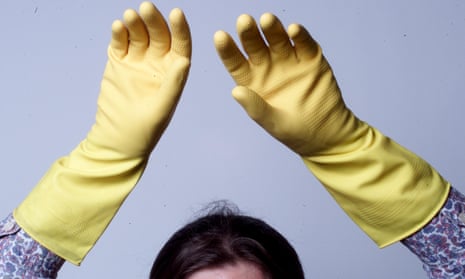When I introduce myself as the chief executive of a local charity, the responses I receive range from “Wow, you’re doing something great in your community” to “Ah, second-rate do-gooder who doesn’t understand how to run a real business.”
I smile politely, but inside I want to kick people who think the word “charity” is synonymous with cheap or unprofessional. They have no idea how hard we work.
My usual working day is between 11 and 14 hours, a 70-hour-week. And it doesn’t come with the pay cheque of other high-pressured jobs with tough hours. In fact, my salary equates to not much more than the minimum wage.
I love my job and have no regrets in dedicating my life to it. I love to watch the transformation that takes place as young people take control of their own future; stop self-harming, leave a gang, realise they can achieve things in life. It’s what makes it all worthwhile. But I’m doing six people’s jobs.
I am supposed to be leading the organisation with a clear strategy. I should be innovative and proactive, but it’s hard to do that when you’ve got to unblock the toilets.
And managing staff alone is hugely time-consuming: recruiting, training, supervising, dealing with maternity issues and continual changes in employment law. I can’t offer secure jobs, so I rely on people’s sense of vocation, which makes it even more important that I look after them well.
We have more than 50 policies in place, risk assessments for every activity imaginable, accounts to keep on top of, reports for the Charity Commission, HMRC and Companies House to complete, and pensions, too.
My husband is amazingly supportive, and at times he’s brought up our kids single handedly. I just about manage to spend some quality time with my children, but I have no time for myself. I no longer have a social life, so it’s just as well I’m a workaholic.
The pressure is incredible, but that’s how it is in a small charity. It’s not enough just to do things, you have to prove your impact, too. And few funders want to put money into hiring an administrator, or a finance officer, or a caretaker. Those who do are amazing, but for most it’s just not sexy enough: it’s not the frontline.
So spare a thought for the small charity chief executive. We’re knackered. Next time you see someone sneer or remark about the fact an organisation is “only a charity”, give them a kick in the shins from me.
Confessions of a charity professional is the Guardian Voluntary Sector Network’s anonymous series where charity workers tell it how it is. To pitch us an idea read our guidelines here and email voluntarysectornetwork@theguardian.com.
